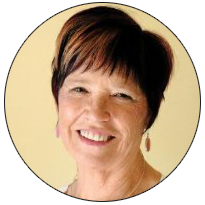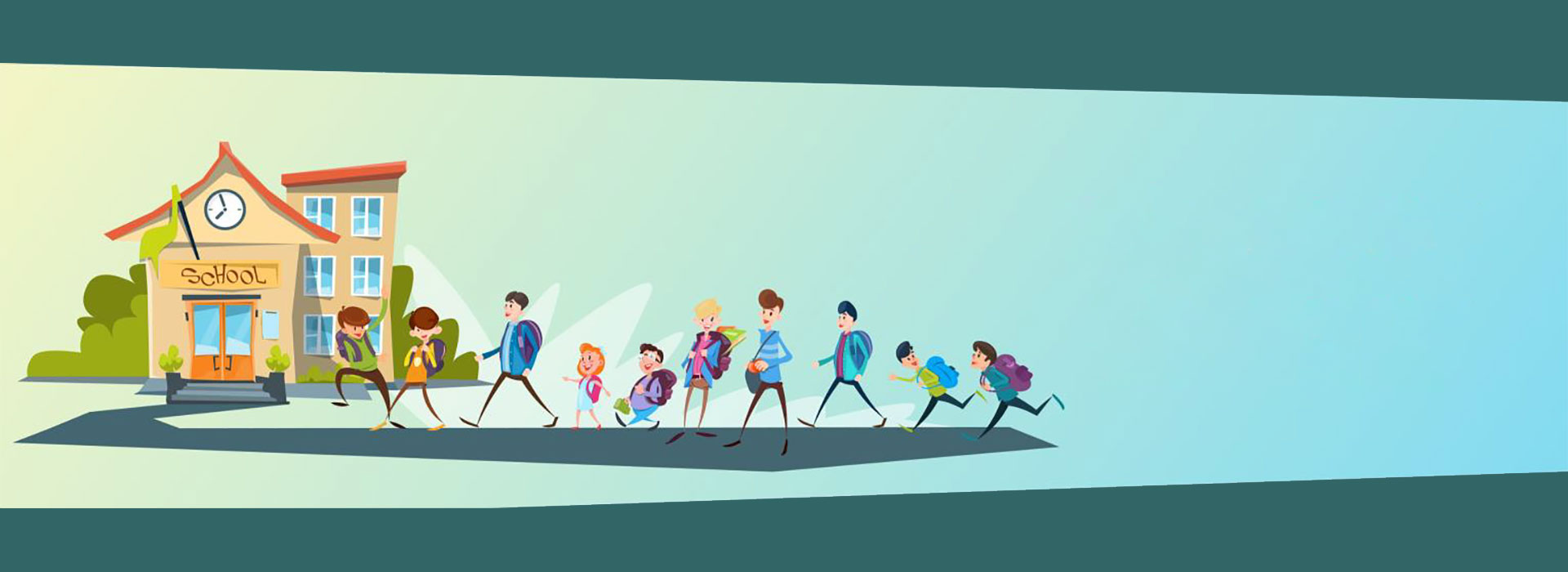Those who are paying the slightest thoughtfulness to the state of our communities will concede that we are in distress. What is happening, particularly in the cities of the Western world alarmingly speaks loud and clear of the disintegration, displacement, alienation, hopelessness, resentment and anger of the population. Whilst we all know deep down that things have to change, we generally feel powerless to do anything about it, but instead follow on with our quest for a better life by trying to be even more competitive with those we work and/or live with, both locally and globally, regardless of the overall consequences.
The fact is that we fail to recall our true skills of core motivation, self-esteem, creativity, dignity and foremost curiosity and the joy of learning new and wonderful things in our own unique way of learning. But instead, we continually follow the leaders who lay down what is expected in the world of education and work, thereby we are trying to fit into the culturally-entrenched beliefs and practices of institutions stretching from education to business and government. The truth is that these institution’s practices are based on control – not learning, this is something that is extremely inconsistent with human nature, which is designed to learn – not just fit into the rules of what is expected. According to anthropologist Edward T. Hall1., “The drive to learn is more basic that the drive to reproduce.”
If you sit and observe children working in classrooms, as I have, you will see children going out of their way to avoid making mistakes based on the rule of ‘never get caught doing the wrong thing’. The result is ‘anxious students’ who quickly disengage from the classroom activity and later from the school situation. They learn that school is about getting the correct answers and about winning, not just the joy of participation, gaining awards and approval by leading the competition, about not being their unique selves and being proud of it. Unfortunately for our society the very same values and behaviours then continue when the young person commences work.
This intense mismatch between the child’s and later, the adult’s natural motivation to learn and the institutions’ drive to control, impedes the continual development of our natural curiosity, ability and interest for invention, love of investigation, sense of wonder and a sense of connection.3.
Sad but true, the impact of this control is just as severe for those who succeed in the education system, as for those who fail. The winners, have so much invested in ‘what they know’ and in ‘being right’ that they become as Harvard’s Chris Argyris2. states, “smart people who cannot learn.”
These people can be found in the highest levels of organisations; therefore they reinforce the principal standards of ‘having the correct image’, ‘staying in control’, and ‘always being right’. The rest, as evidence suggests, are the ‘the losers’, which are the majority of the young and not so young people in society, who believe deep down that they are life-long failures and are identified by society and themselves as ‘lacking ability’.
Often the cry is to fix education but as Peter Senge3. explains, “…you can’t ‘fix’ a structure that was never designed for learning in the first place.” Others identify the problem as being caused by teachers’ incompetence or non-creative governments or lack of funds. This just muddies the water of where the real responsibility lies – that is in our entrenched values that restrict our children being educated from the foundation up – starting from the family unit, pre-school and onwards in the value of creativity and self-worth of being a unique valuable being.
Never-the-less to ensure successful change, we all must take responsibility, which will involve us in examining and changing our basic beliefs that some students are clever and can learn while others are not. This will also require us to reflect on our own school experiences; where they impeded on our true intrinsic development, creativity and self-worth. From there we need to make a commitment to press for change within our schools by ensuring our children are listened to and valued for the unique way each of them learn – of being a learner who doesn’t have to get it right the first time and can therefore explore the joy of learning with confidence – this starts with their parents’ beliefs and parenting style.
Every child is smart in their own way of learning, something that most parents understand but it’s a matter of discovering how each child learns – a subject that I will be covering in future blogs.
However it must also be said that there are some difficulties outside of what I have discussed, that do hold children back. These difficulties are happening internally within the child’s own body, but can be overcome, as I have covered in great detail within my book ‘The Solution is in Your Hands for Children’s Learning and Behaviour Difficulties’. This book provides support, understanding and important strategies for teachers, parents and other professionals, including employers, government departments and politicians – it truly does take a community to educate a child.
If you would care to respond to this or other blogs, please feel free to do so – I would appreciate your opinions.
Yours sincerely,
Heather Dorothy Pollock, (M. Ed., B.Ed., Dip. Tech. Teach., Dip. Bus., Dip. Kin.)
Educational Consultant and Therapist,
Author,
Public Speaker,
Trainer.
References:
- Hall, Edward T. Anthropologist, (1976) ‘Beyond Culture’, Anchor Press. N.Y.
- Argyris, Chris, in Senge, P. (1990) The Fifth Discipline. The art and practice of the learning organization, London: Random House.
- Senge, P. (1990) The Fifth Discipline. The art and practice of the learning organization, London: Random House.

